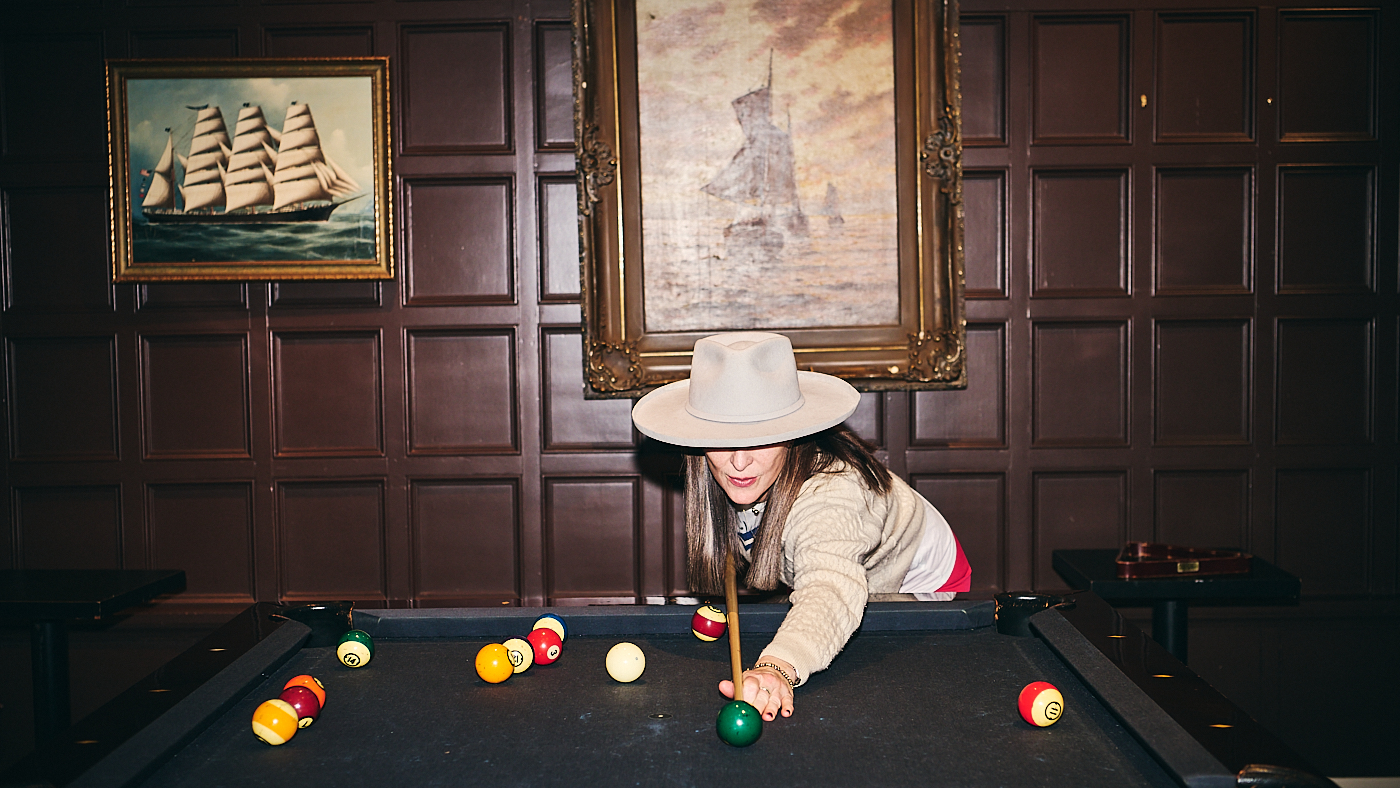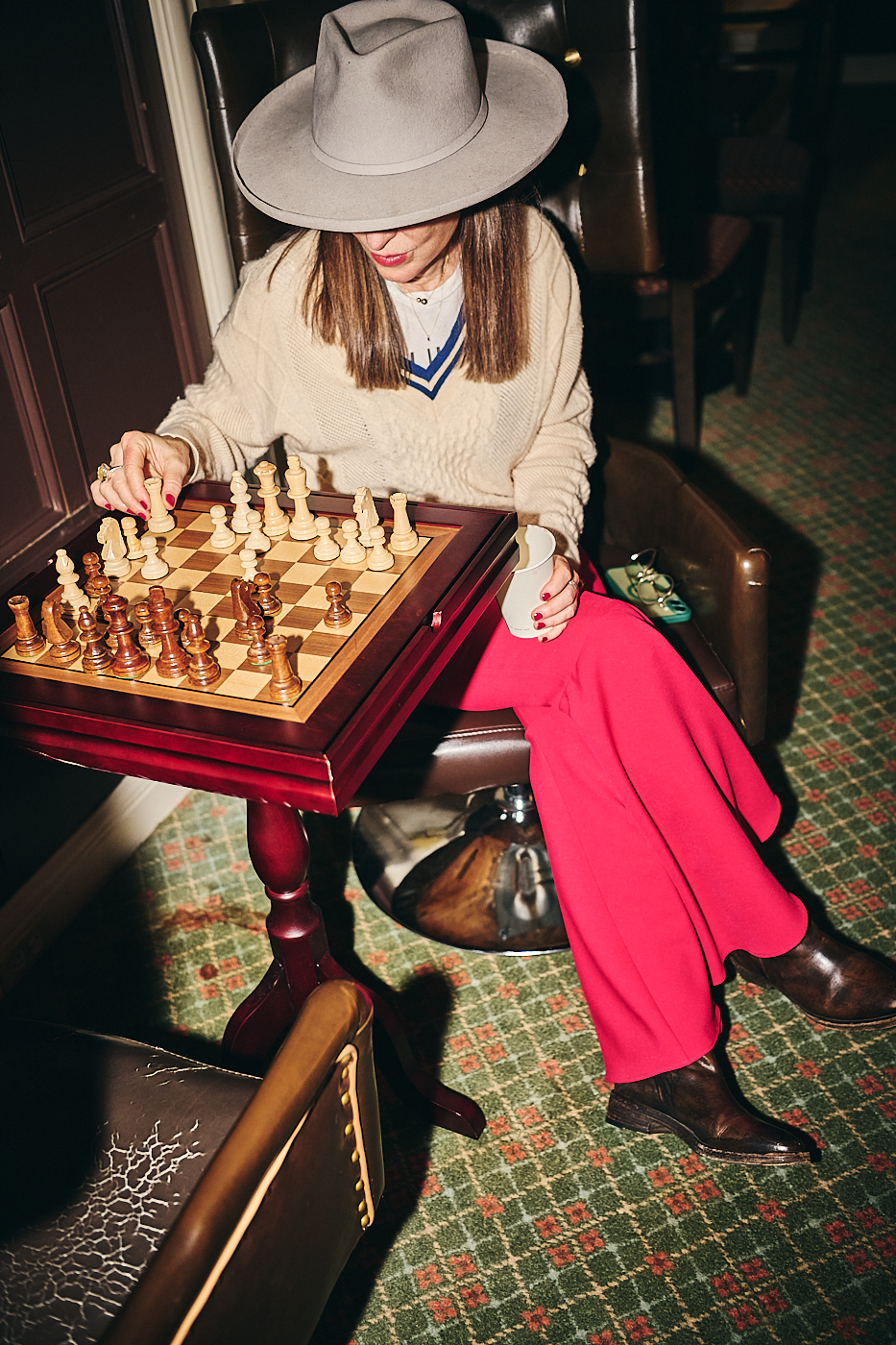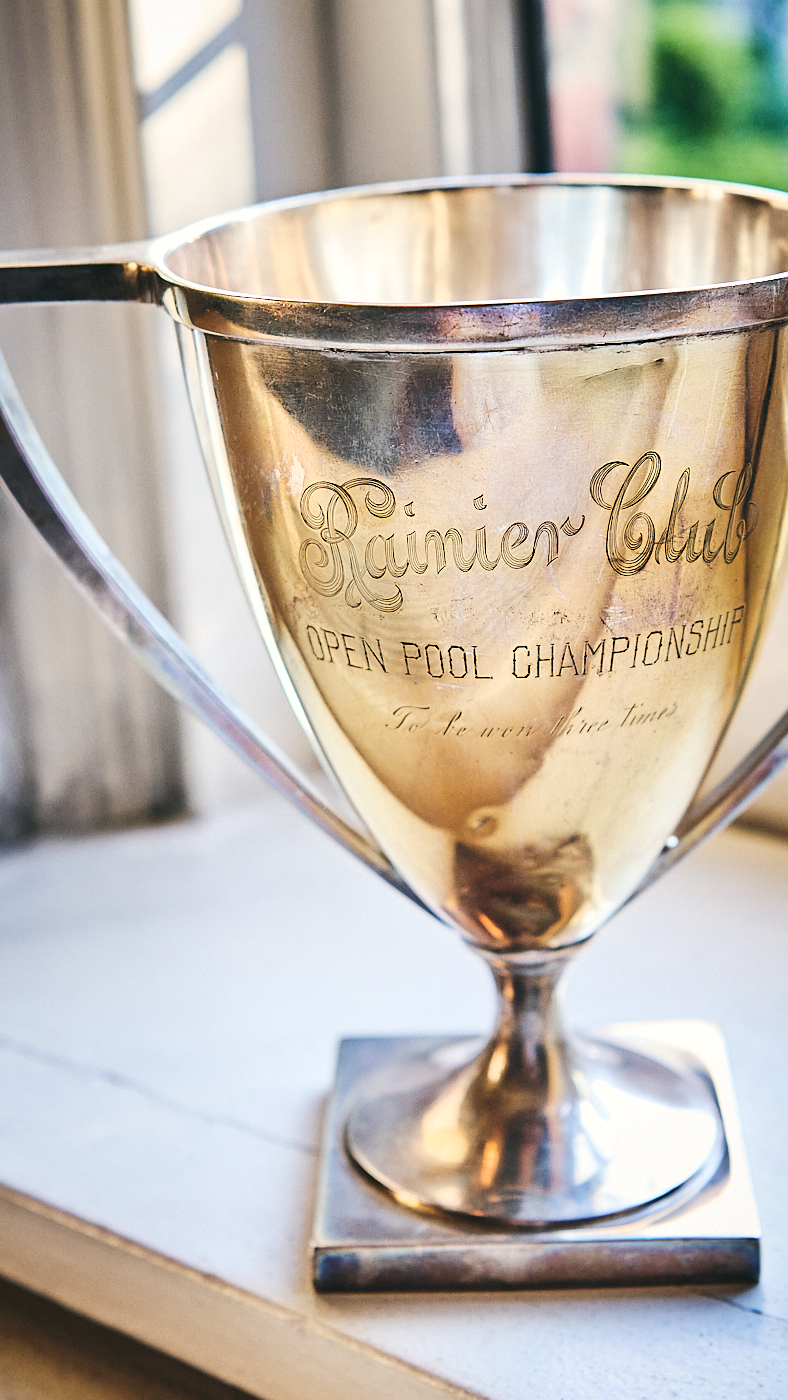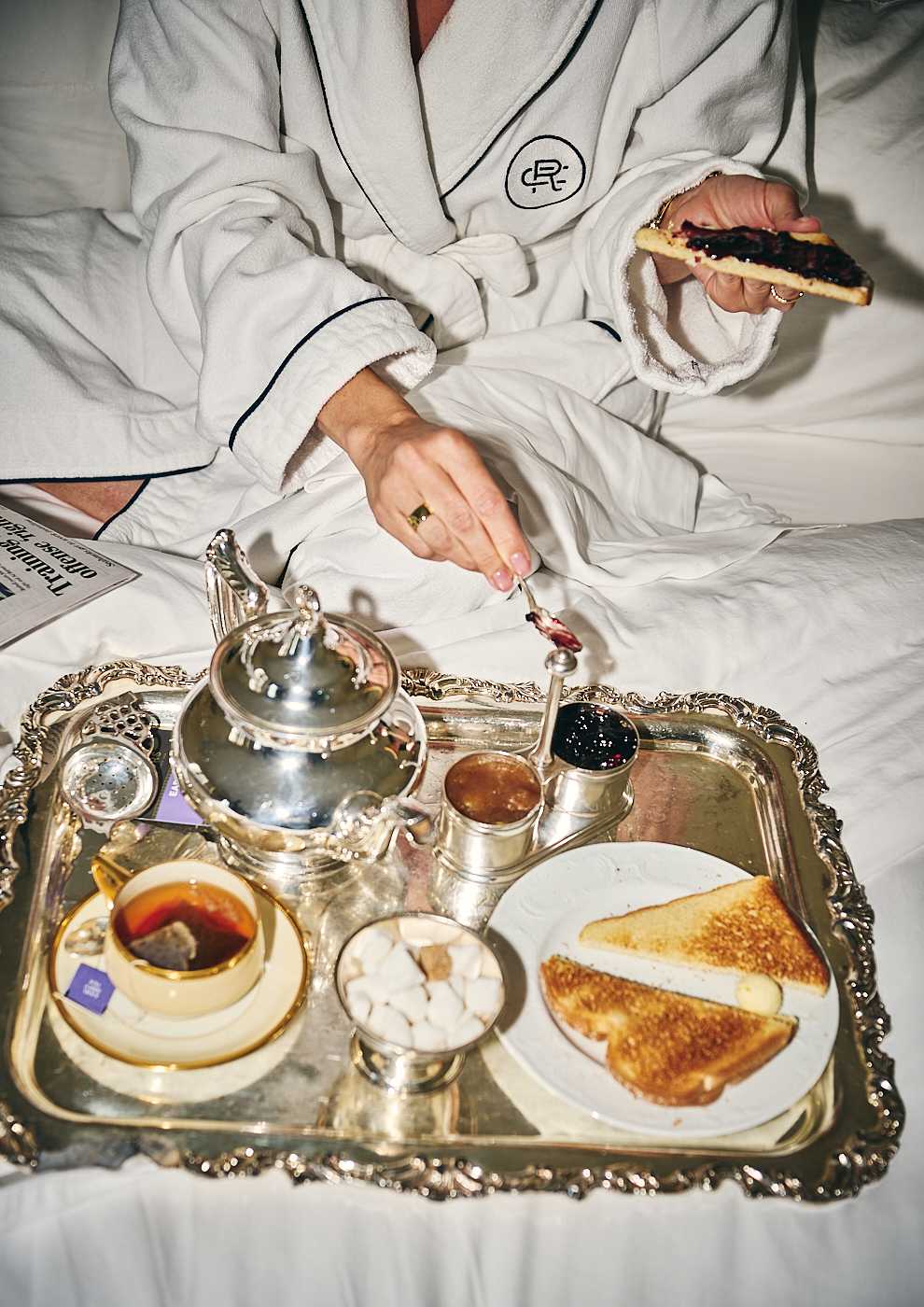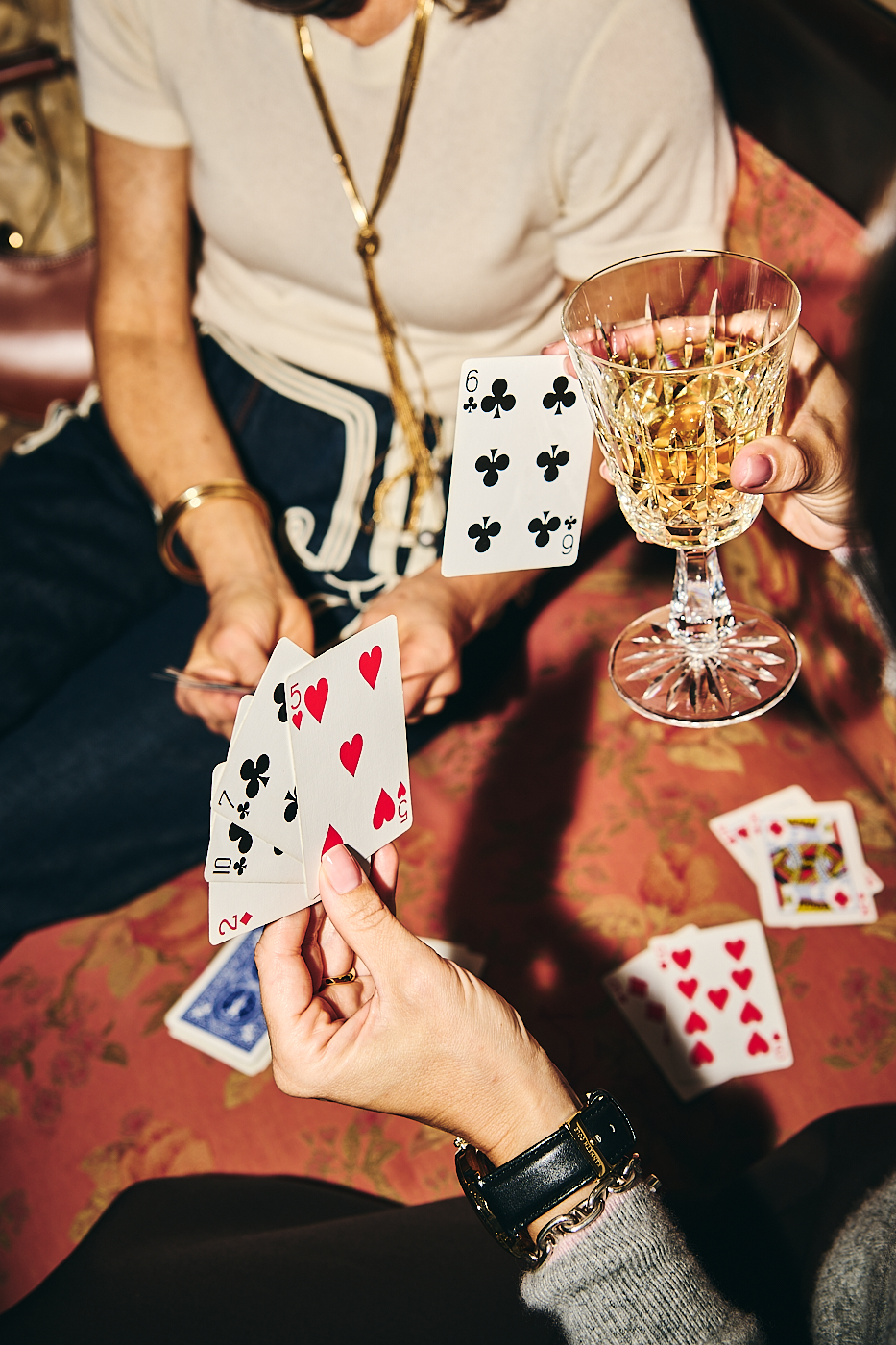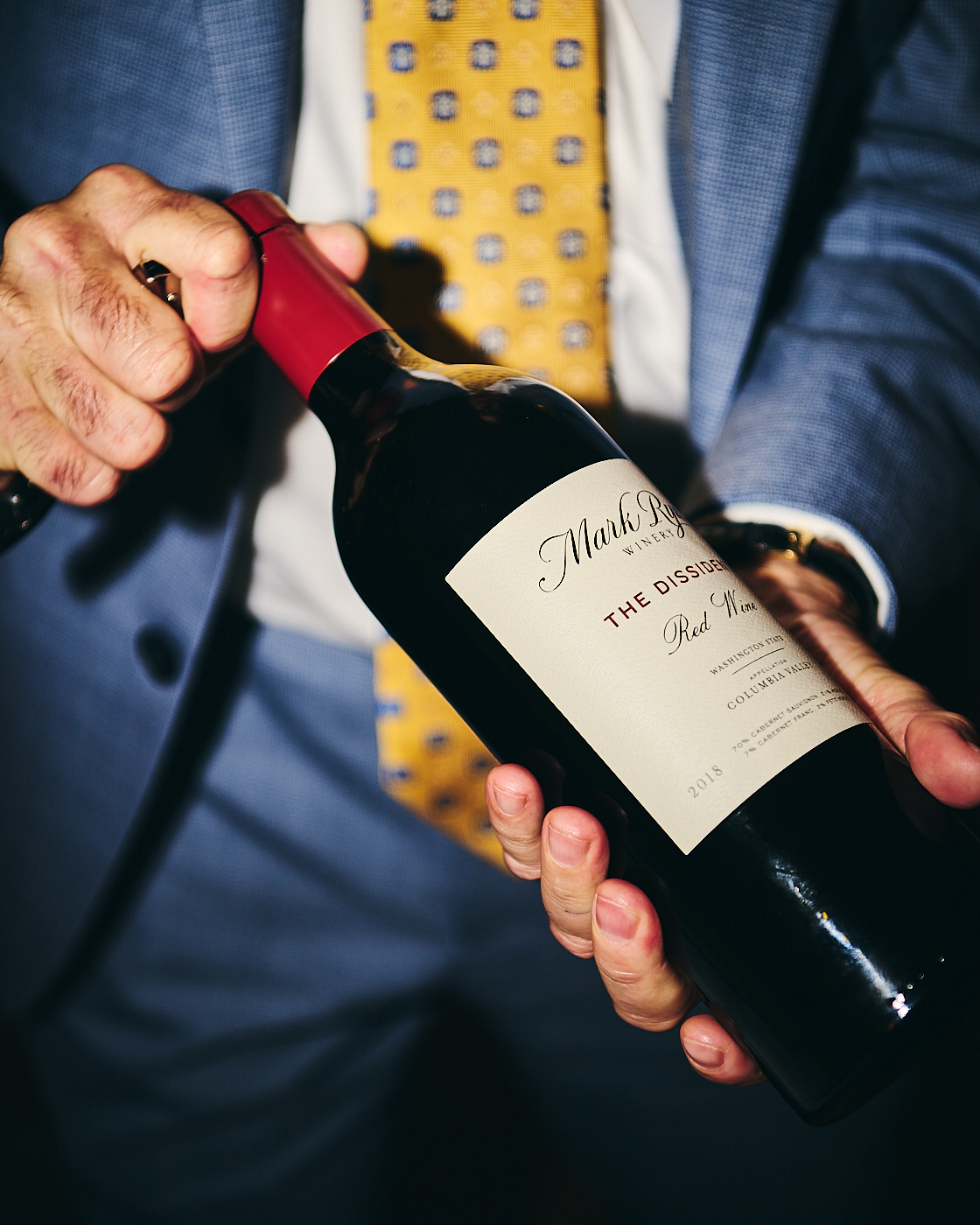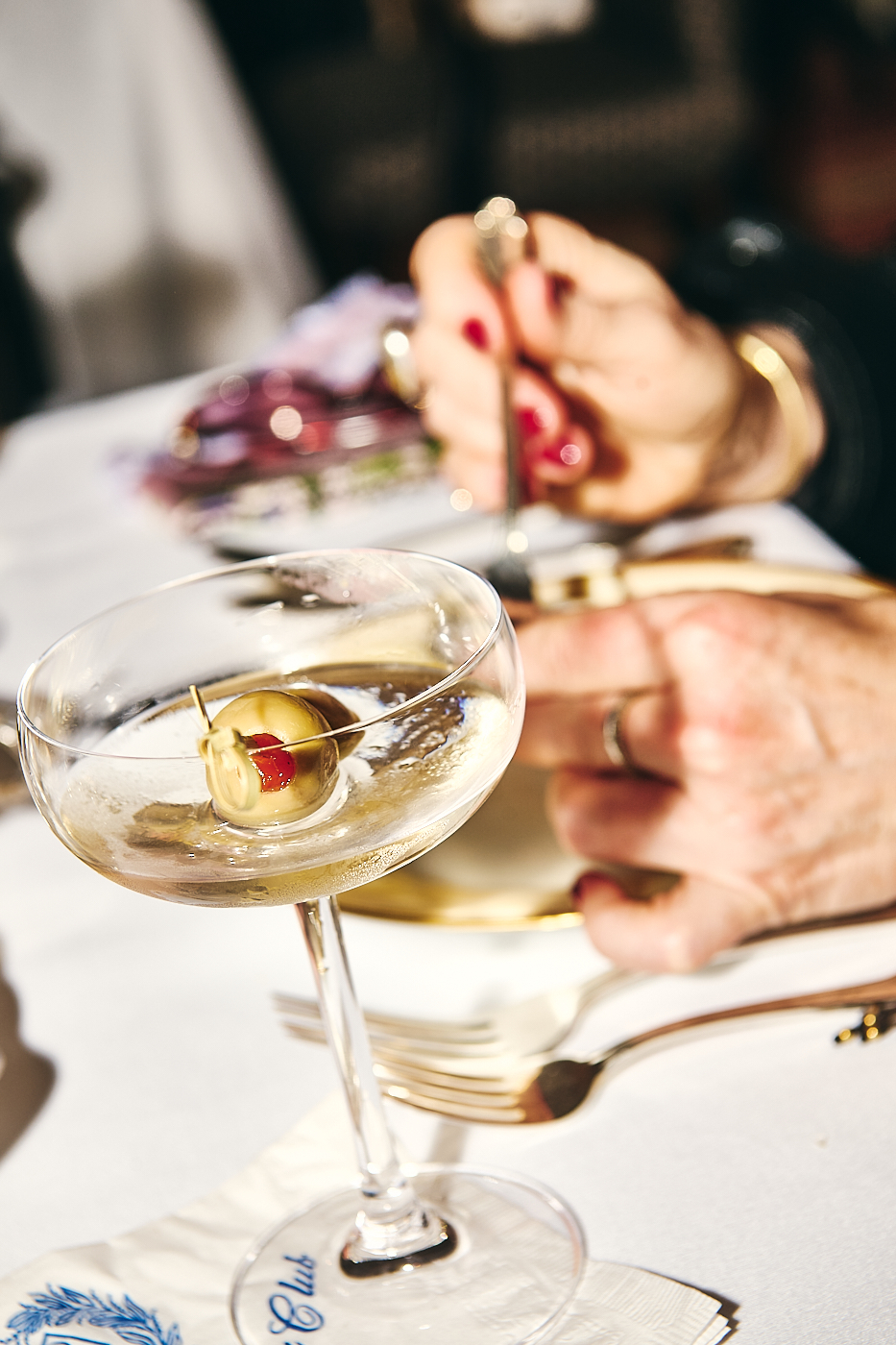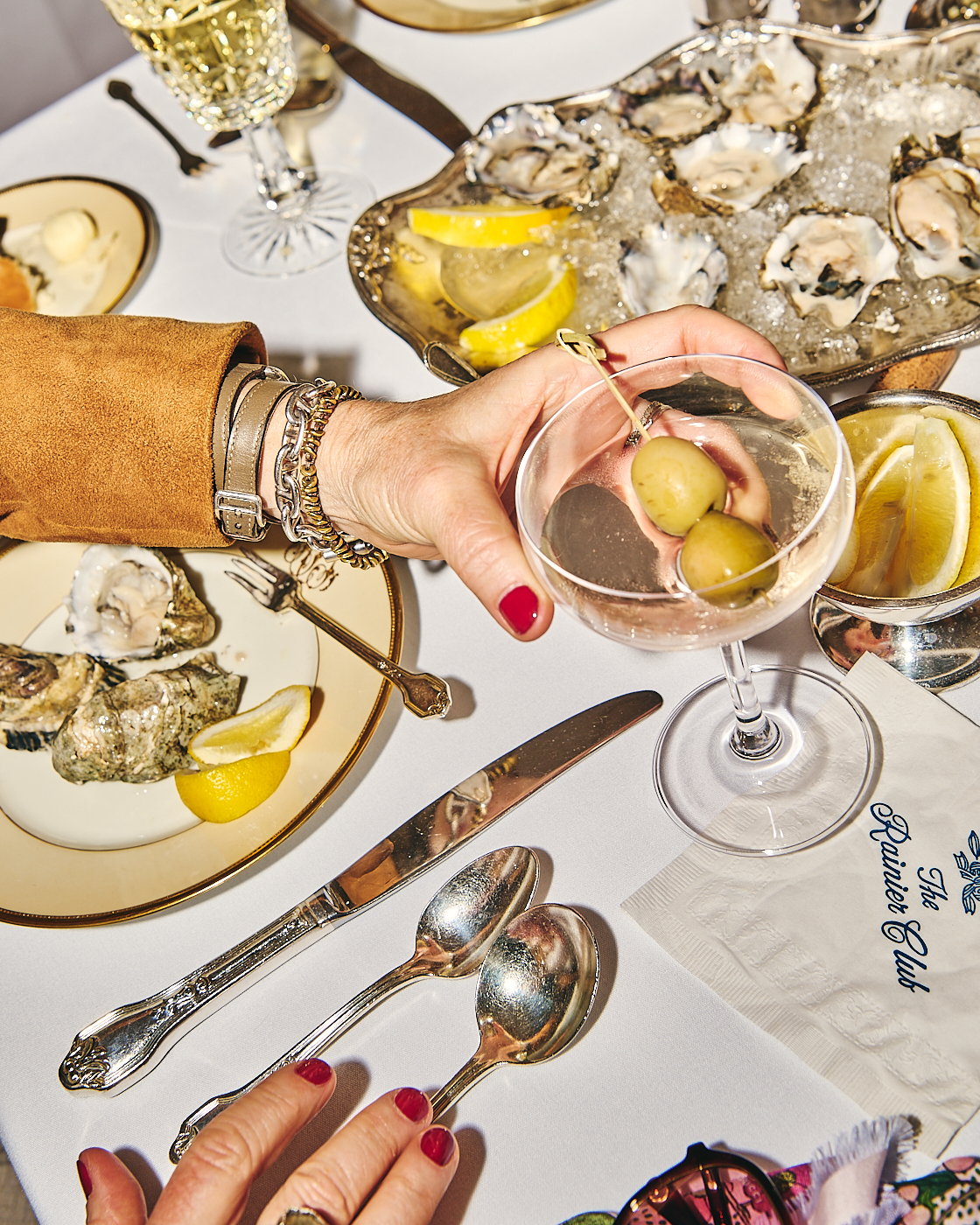Photographer/director Sarah Flotard had fun collaborating with stylist Mark Humphreys for Seattle's iconic The Rainier Club, Seattle's oldest social club. Fun fact: in 1895 Mark Twain gave a lecture at the Rainier Club. The historic spot is chock full of cool artifacts and props that lend a vintage feel to the images. "It's a great location with tons of cool history," says Flotard. "Locations like this don't come around everyday." See more from Sarah and Mark here. Enjoy! https://lnkd.in/gM3Zu63v
A little more about the Rainier Club.
Founding & History
Founded in 1888 by prominent civic leaders like Judge Thomas Burke and John Leary, the Rainier Club began as an exclusive gentlemen’s club serving Seattle’s early elite. Initially housed in a member’s mansion, the club moved into its current Tudor- and Jacobethan-style clubhouse at 820 4th Avenue in 1904, designed by Spokane architect Kirtland K. Cutter. A 1929 addition, with Georgian Revival and Art Deco touches, was later crafted by Bebb & Gould, integrating rich ornamentation that endures today. HistoryLinkPCADtherainierclub.comClio
Historic Recognition
The building is recognized as a landmark in Seattle (1986) and is listed on the National Register of Historic Places (1976), preserved by the Rainier Club Historical Foundation. therainierclub.com
Architecture & Legacy
Its architectural design echoes English Renaissance and Arts-and-Crafts influences, featuring clinker-brick exteriors, scalloped gables, and lofty windows reminiscent of England’s Aston Hall. PCADClio
Evolution of Membership & Culture
Historic Exclusivity → Modern Inclusivity
-
Admission to non-white members began in 1966 with Japanese American Saburo Nishimuro, followed by the first African American member, Luther Carr, in 1978, and the first woman member, Judge Betty Binns Fletcher, that same year.
-
Today, membership is notably diversified in both race and gender.
Civic and Cultural Influence
Located centrally in Seattle’s development, the club became a gathering hub for prominent figures—including national leaders and cultural icons like President Taft, Buffalo Bill Cody, and Babe Ruth—and played a role in planning civic projects like the 1962 World’s Fair.

